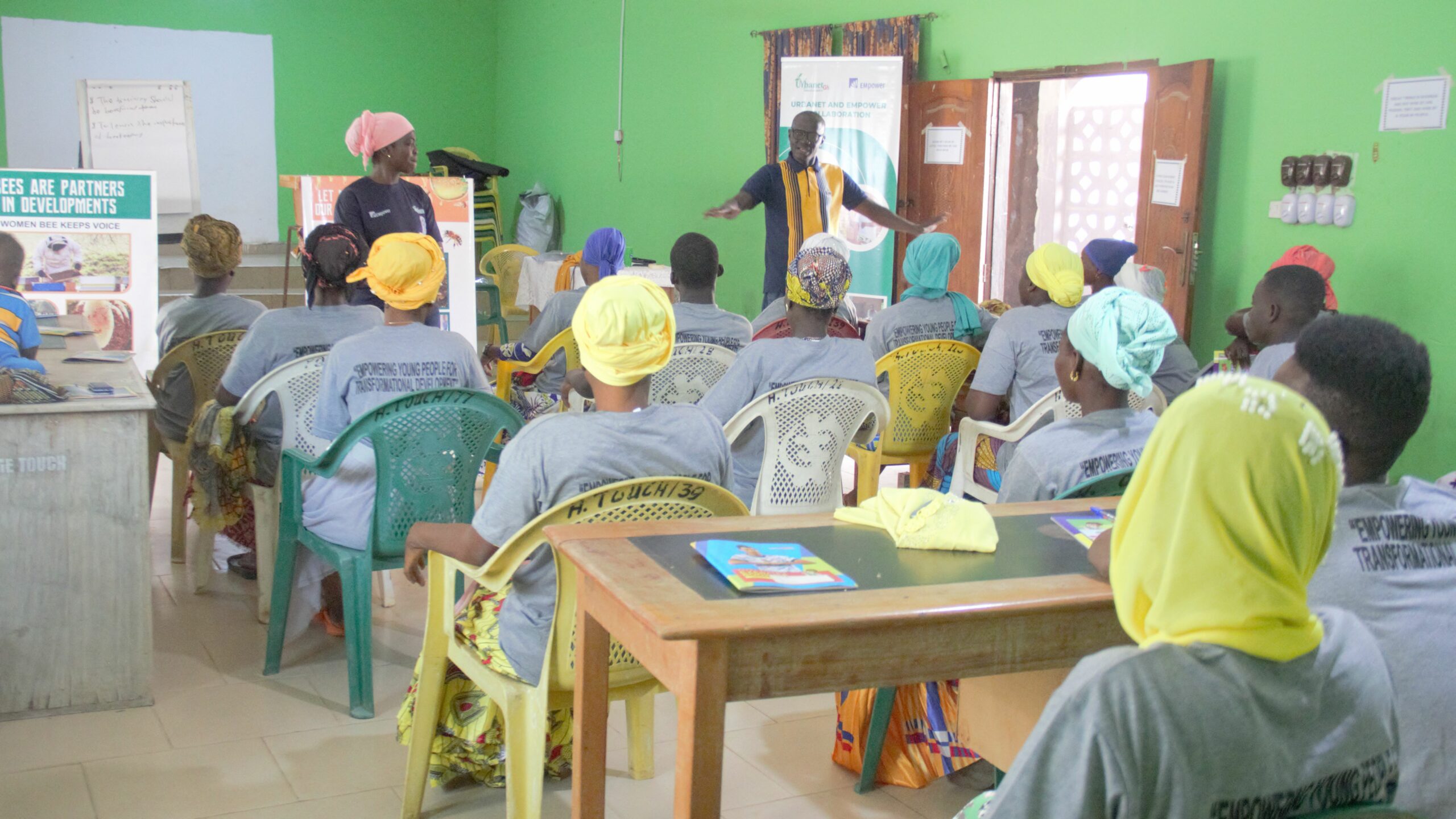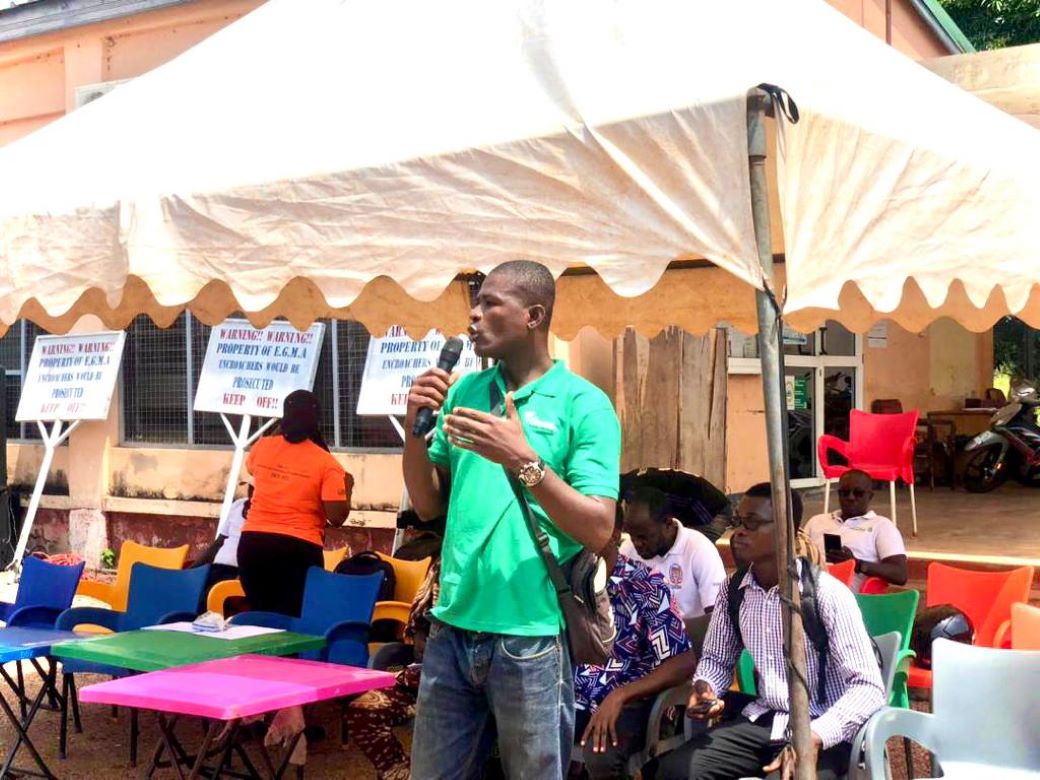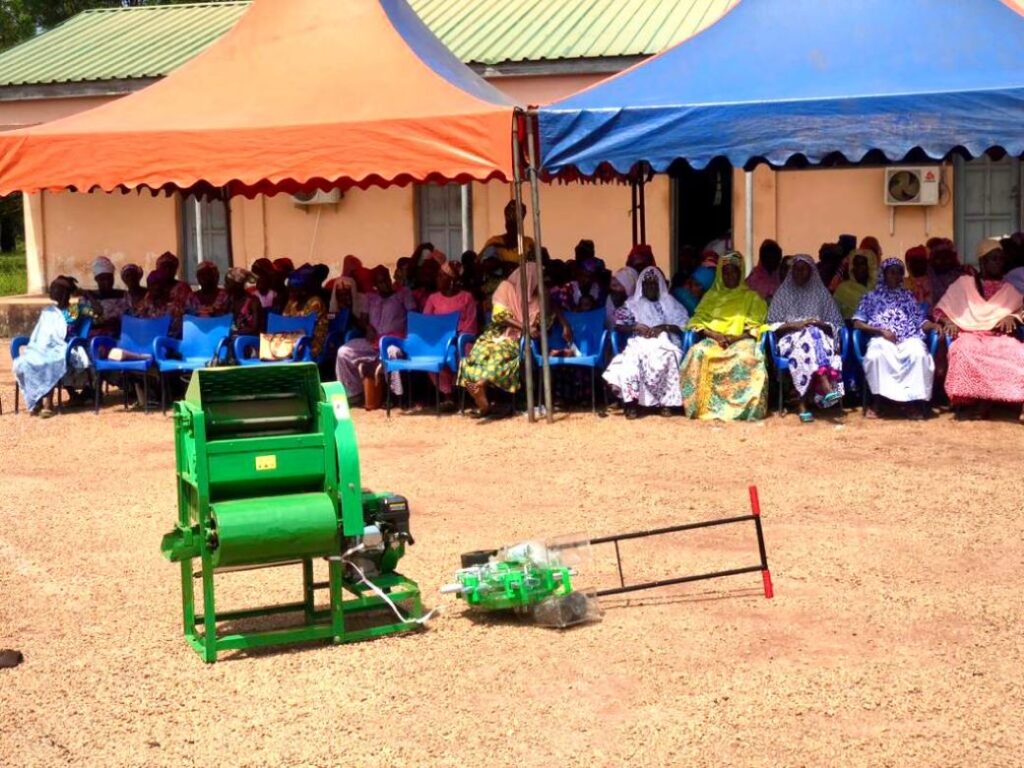The Empower project is a youth-focused project that intends to provide support for young people within the Northern Regions through transformative development approaches. The project commenced in 2021 with training on soap making for young girls within the tamale metropolis and has since provided support for them through engagements and exposure to a wide market, trade fairs, and conferences related to business entrepreneurship. After a successful implementation in 2021, the project had a selection process for its second cohort, this time in modern transformative beekeeping for young people within the Northern and Savannah regions.
Two sets of trainings were held for sixty selected participants, thirty each in the West Gonja district of the Savannah region and Nanumba North district within the Northern region. These trainings were meant to introduce participants to modern transformative beekeeping as a tool for ensuring economic and personal development as well as a form of contribution towards climate action. They went through intensive practical training for four days to gain in-depth knowledge as far as beekeeping is concerned.
Participants were taken through indigenous beekeeping methods and their effects on the environment, as well as the bees and other animals, and how necessary it is to adopt contemporary beekeeping methods. Participants with previous knowledge and experience in beekeeping shared their experiences and how they saw contemporary methods to be better after a few comparisons and discussions.
“Previously, I used a lighted torch or dry grass to derive bees away from my beehive anytime it was time to harvest honey. I realized most of the bees died as a result of the fire, and on some occasions, I forgot to turn off the flames before leaving the forest,” a participant attested.
The participants were allowed to explore beekeeping areas with the communities in which the training took place. In West Gonja, they had the privilege of visiting the Damango Agric College, where they were shown some beehives and given brief lessons on beekeeping and maintaining hives by the Head of the Animal Science Department. They were also provided with beehives, smokers, and protective gear after the training as start-ups for their beekeeping.



